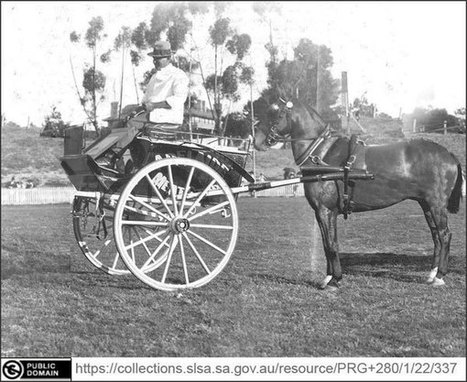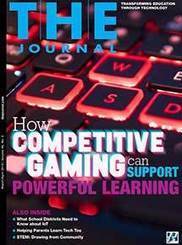Abstract
The range of technologies available to support teaching and learning in higher education continues to grow exponentially. There is a growing expectation for educators to be well informed and familiar with the many suitable technologies and systems that are available to be used for delivering courses online, and to complement classroom (face-to-face) education. Detailed evidence of the perceptions and applications of the use of e-technologies is needed to inform not only teaching practice, but also policy development. These e-technologies need to be matched to pedagogical styles in order for online teaching and learning to be successful. Based on 33 semi-structured interviews, this paper presents a study of staff experiences of e-technologies, using Chickering and Gamson's 'Seven Principles of Good Practice' to provide educators with information about the most appropriate e-technology to support their pedagogical aims.
KF: iJET is a web-based journal that adheres to an open access policy. Registration is required to access the articles but it is free - you can register as both Author and Reader in the same process.



 Your new post is loading...
Your new post is loading...


















